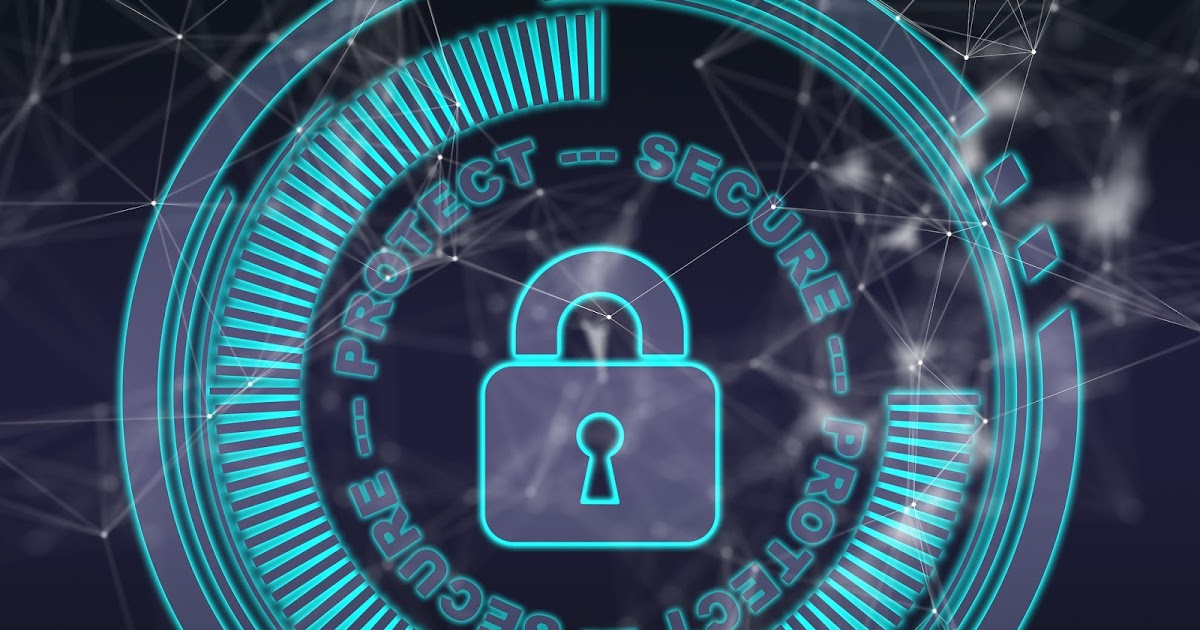New Delhi, NFAPost: Amidst the Covid-19 pandemic cyber-attacks rose by almost 300% last year in the country to reach 1,158,208 compared to 394,499 in 2019, the Union home ministry told Parliament, citing the data from Computer Emergency Response Team (CERT-In)
The ministry did not elaborate on the attacks or the profile of attackers. But cyber experts said the spike could be linked to an increase in online activity last year particularly during the lockdown imposed to check the Covid-19 spread. The experts blamed a lack of cybersecurity awareness for phishing and malware attacks.
Speaking at the Parliament, Union Minister of State For Home Affairs G Kishan Reddy said CERT-In receives inputs from its situational awareness systems and threat intelligence sources about malware infections in networks of entities across sectors.
Information security
“Whenever any incident comes to notice of CERT-In, it issues alerts and advisories to the entities concerned and sectoral CERTs for remedial measures,” said G Kishan Reddy.
G Kishan Reddy said the government has issued guidelines to chief information security officers regarding their key roles and responsibilities for securing applications/infrastructure and compliance.
“All the government websites and applications are audited with respect to cybersecurity prior to their hosting. The auditing of the websites and applications are conducted on a regular basis after hosting also. [The] government has empanelled security auditing organisations to support and audit [the] implementation of information security best practices,” said G Kishan Reddy.
G Kishan Reddy said the government has formulated a Cyber Crisis Management Plan for countering cyber-attacks for implementation by all ministries/ departments of the central government, state governments, and their organisations.
Cyber criminal
Commenting on the development, cyber law expert Pavan Duggal said there are mainly two reasons for the increase in cyber-attacks last year.
“…first, the fear and panic due to Covid-19, which cyber-criminals were able to weaponize to their benefit. Secondly, the work-from-home ensured that cyber security did not get the kind of attention it was supposed to get,” said Pavan Duggal.
Pavan Duggal said it was far easier to breach the systems at home than at the workplace. “But, keeping numbers aside, this can be called the golden age of cyber-crimes. The cyber breaches will be a new normal now with both state and non-state actors involved,” said Pavan Duggal.





